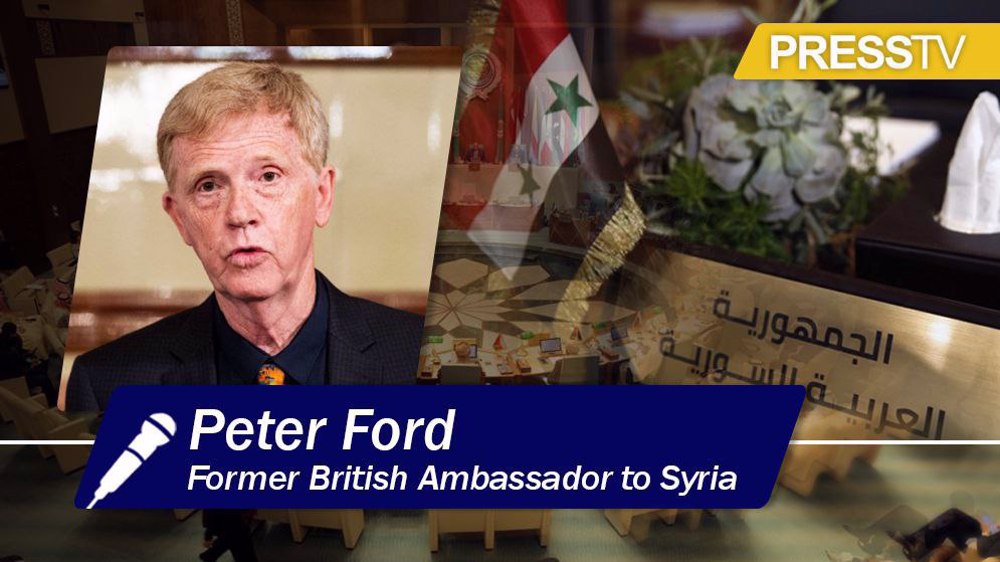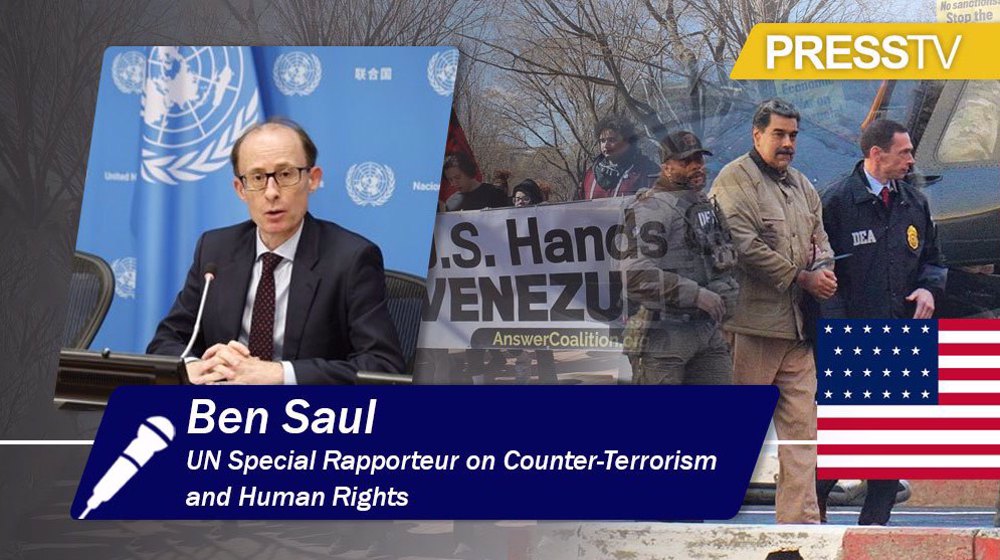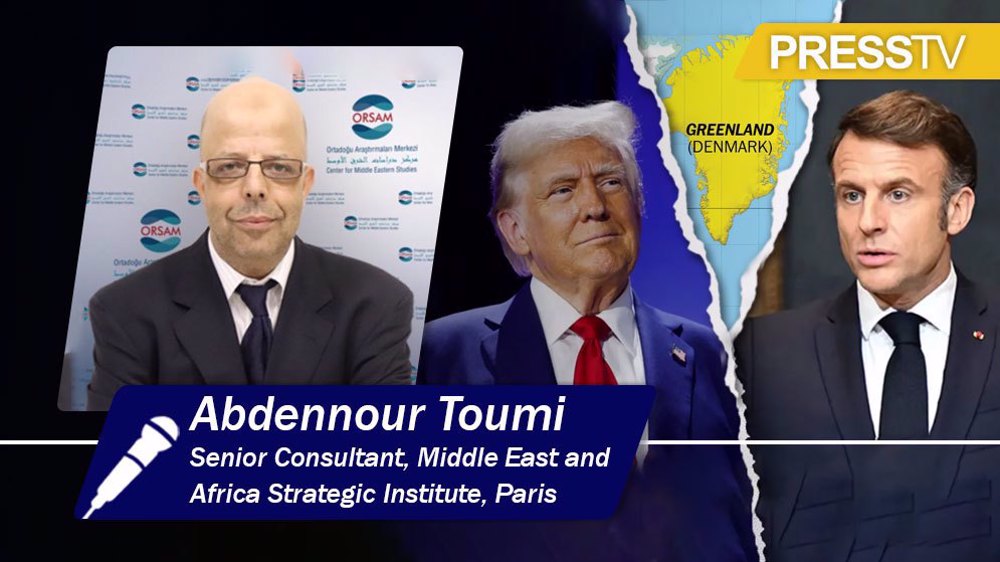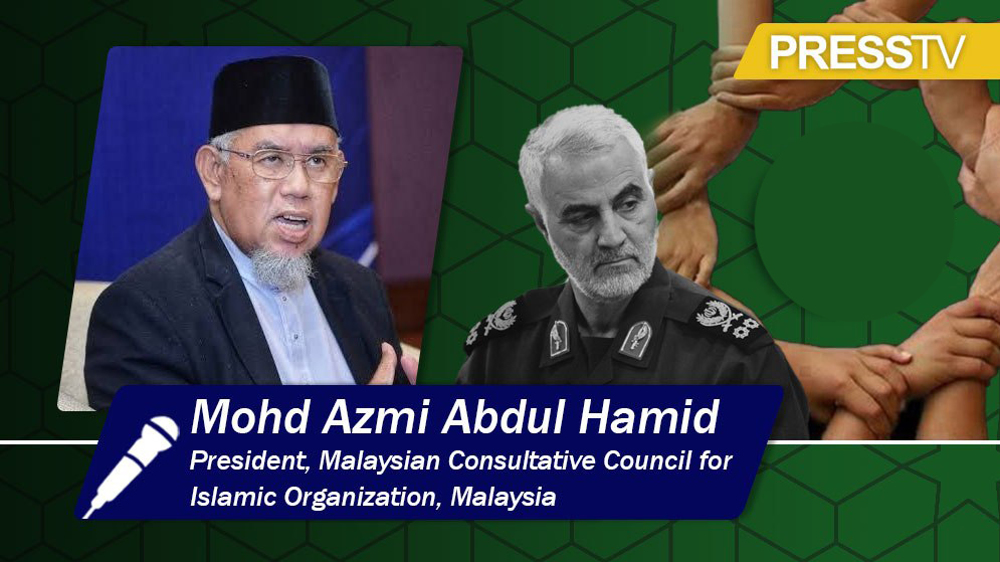Syria’s return to Arab fold sign of Global South manifesting itself: Diplomat
By Somayeh Khalili
Syria’s triumphant return to the Arab League fold after almost 12 years shows not just that Arab countries now recognize the failure of the “regime change” project in Damascus but also that they can defy the United States, according to a former British diplomat.
In an exclusive interview with the Press TV website, Peter Ford, a former UK diplomat who served as ambassador in Syria between 2003 and 2006 and before that in Bahrain from 1999 to 2003, said the importance of the recent turn of events in the Arab world “goes beyond Syria”.
“It is a symptom of the development of a new multipolar world order where not just Russia, China and Iran refuse to accept US hegemony but also countries like Saudi Arabia, UAE, Brazil and South Africa. This is the Global South manifesting itself,” Ford asserted, referring to Arab normalizations.
Syria has restored diplomatic ties with many Arab countries recently after years of hostility, including Saudi Arabia, and is set to formally return to the Arab League, a 22-member body of Arab states.
This wave of normalization comes more than a decade after Syria’s Arab neighbors severed their diplomatic ties with the Bashar al-Assad government in Damascus and demanded his ouster.
On Thursday, Assad touched down in the Saudi port city of Jeddah to attend the Arab League summit, marking another step toward the full restoration of ties between Syria and its Arab neighbors.
Ford said Syria’s return to the Arab League, in defiance of US warnings, has raised expectations that the Arab world will now “show more support for Palestine and less concern for their ties with Israel”.
“The Abraham Accords was founded on hostility to Iran and fear of the US. These conditions no longer apply,” the former British diplomat told the Press TV website.
On whether these developments will bring regional countries closer in fighting the menace of terrorism, Ford said he expects “much more intra-Arab security cooperation” now, adding that Syria has “more experience with this phenomenon than any country in the world”.
The veteran diplomat noted the US interference in the Arab country hasn’t ended but that it has “got tired” and is going through the motions “with no real hope of achieving anything”.
“It keeps up the economic war, the propaganda war and legal war, and it maintains a military presence to control Syria's oil, but it's all to no purpose,” he said about the US.
The restoration of diplomatic ties between Iran and Saudi Arabia, Ford said, augurs well for the region, as both countries have “a shared interest in modernization and the peaceful Persian Gulf”.
“The only beneficiaries from hostility (between Tehran and Riyadh) have been the US and Israel. The new perspectives for cooperation (between them) are exciting. No wonder the US think tanks are bitter in their commentaries,” he remarked.
Iran and Saudi Arabia restored diplomatic times in March following two years of negotiations brokered by Baghdad. The breakthrough, however, came courtesy of Beijing.
Ford stated that while Western countries “stubbornly persist in economic warfare against Syria, Iran's role in Syria's post-war reconstruction and rebuilding “remains crucial”.
On President Ebrahim Raeisi’s recent historic visit to the Arab country, the former American ambassador in Damascus said it “set the seal on the success of Syria and Iran in standing firm against Western-directed attempts to overturn the Syrian government and weaken Iran.”
“It also signaled that the normalization of Syria's relations with Saudi Arabia came not at Iran's expense but because of what’s now triangular Syrian-Saudi-Iranian cooperation,” Ford stressed.
While warning that the US power to do harm “should never be underestimated”, he said the US “is now beating a retreat from the Middle East and is focused more and more on China”.
ICE detains 2-year-old girl, sends her to Texas despite court order
VIDEO | Trump claims his 'Board of Peace' might replace the UN
VIDEO | Shadows of Rebellion: How Iran’s protests turned violent
FBI agent investigating Minneapolis deadly shooting resigns
Belgium imposes arms embargo on Israel amid Gaza genocide
Over 140 riot ringleaders captured in Iran’s Hamedan
VIDEO | Spain rail crisis: Deadly crashes trigger strike
Recent Iran riots followed a ‘familiar playbook’ as foreign forces hijacked protests: Analyst










 This makes it easy to access the Press TV website
This makes it easy to access the Press TV website